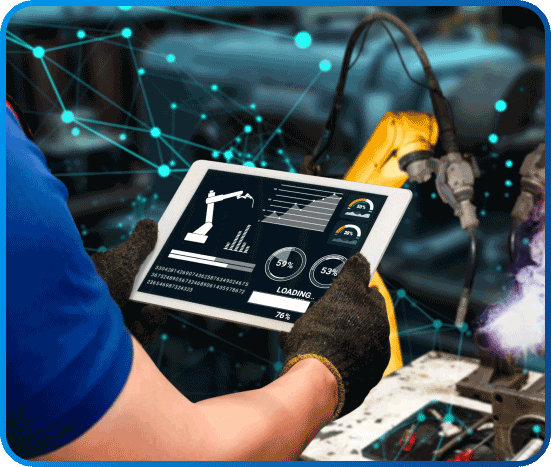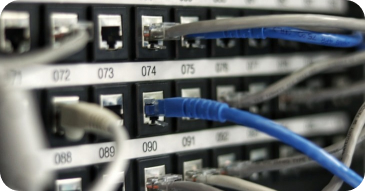DataOps
Industrial Model
Modeling of data and digital processes for the new generation of data and interoperable workflows.
The new generation of projects and professionals in production contemplates the dynamic use of data in all disciplines and dimensions within our reach. The large volume of information generated by assets equates to an exponential model where data can be lost. For this, we help our clients to adopt practices in DataOps, to model the way in which the information flows will be used in the future without having to worry about the growth and management of the necessary context.



What do we mean by Industrial DataOps?
To the creation of automated processes, methodologies and coordination of the analytical teams, which improve the quality of the results and selected data. It also refers to the best practices to interconnect equipment with their data, the contextualization and support of data scientists, to create a powerful ecosystem for advanced industrial information management.
An industrial model of DataOps, recognizes the nature of the data, understands that the processes are part of the operation and therefore, the precision of the analysis can make it a complex situation to process.
One of the primary objectives in industrial DataOps is to leave the data pipeline ready, either to grow, increase data flow and support new decision models supporting Artificial Intelligence. Having this type of methodology and services will make your digital transformation initiatives much easier.
Infoportal can help you get started with your DataOps model. Let’s make it happen that your production assets can better respond to your information needs and expectations.







